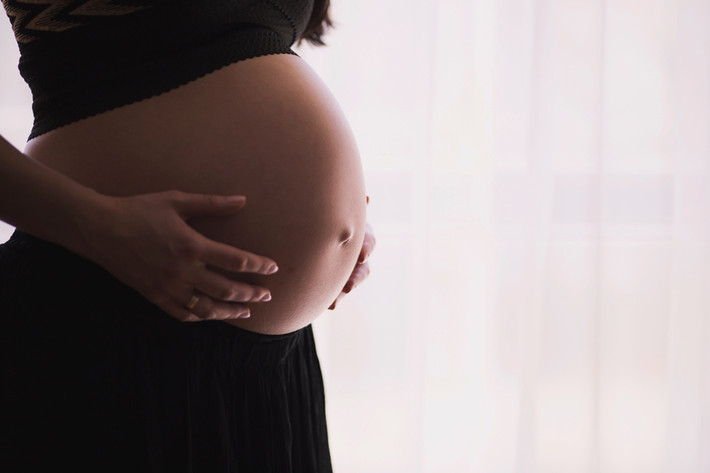
Pregnant women and new parents will receive greater protections from redundancy under new legislation backed by the government on 21 October.
Under current rules, before offering redundancy to an employee on maternity leave, shared parental leave or adoption leave, employers have an obligation to offer them a suitable alternative vacancy where one exists.
The Pregnancy and Maternity Discrimination Bill, introduced by Dan Jarvis MP and backed by the government, will enable this redundancy protection to be extended so it applies to pregnant women as well as new parents returning to work from a relevant form of leave. This will help shield new parents and expectant mothers from workplace discrimination, offering them greater job security at an important time in their lives.
It follows a government consultation on these proposals which found evidence of new parents facing prejudice in the workplace, with an estimated 54,000 women a year feeling they have to leave their jobs due to pregnancy or maternity discrimination.
The measures will be beneficial to businesses, helping to improve relations with employees and reducing a source of conflict that can be costly and time consuming.
Alongside these reforms the government is also working with the Pregnancy and Maternity Discrimination Advisory Board to update guidance so that this type of discrimination in the workplace continues to be stamped out.
The measures form part of the government’s efforts to ensure more people stay in work and keep more of their pay packet, particularly with global risings costs. It comes at a time when there are more employees on payrolls than ever before – and with unemployment at an all-time low.
This Bill gives the Business Secretary powers to make regulations regarding redundancy during pregnancy and after a period of relevant leave (currently Maternity Leave, Adoption Leave and Shared Parental Leave) has ended. When a parent is on a relevant period of leave, before offering redundancy, employers already have an obligation to offer them a suitable alternative vacancy where one exists. This is set out in Regulation 10 of the Maternity and Parental Leave Etc Regulations 1999 (MAPLE).
The policy intention is that new Regulations will apply the MAPLE protections through an expanded period covering from when a woman tells her employer she is pregnant until 18 months after the birth. The 18-month window ensures that a mother returning from a year of maternity leave can receive 6 months additional redundancy protection. The 18-month window will also apply to Maternity Leave and Shared Parental Leave. (www.gov.uk)























